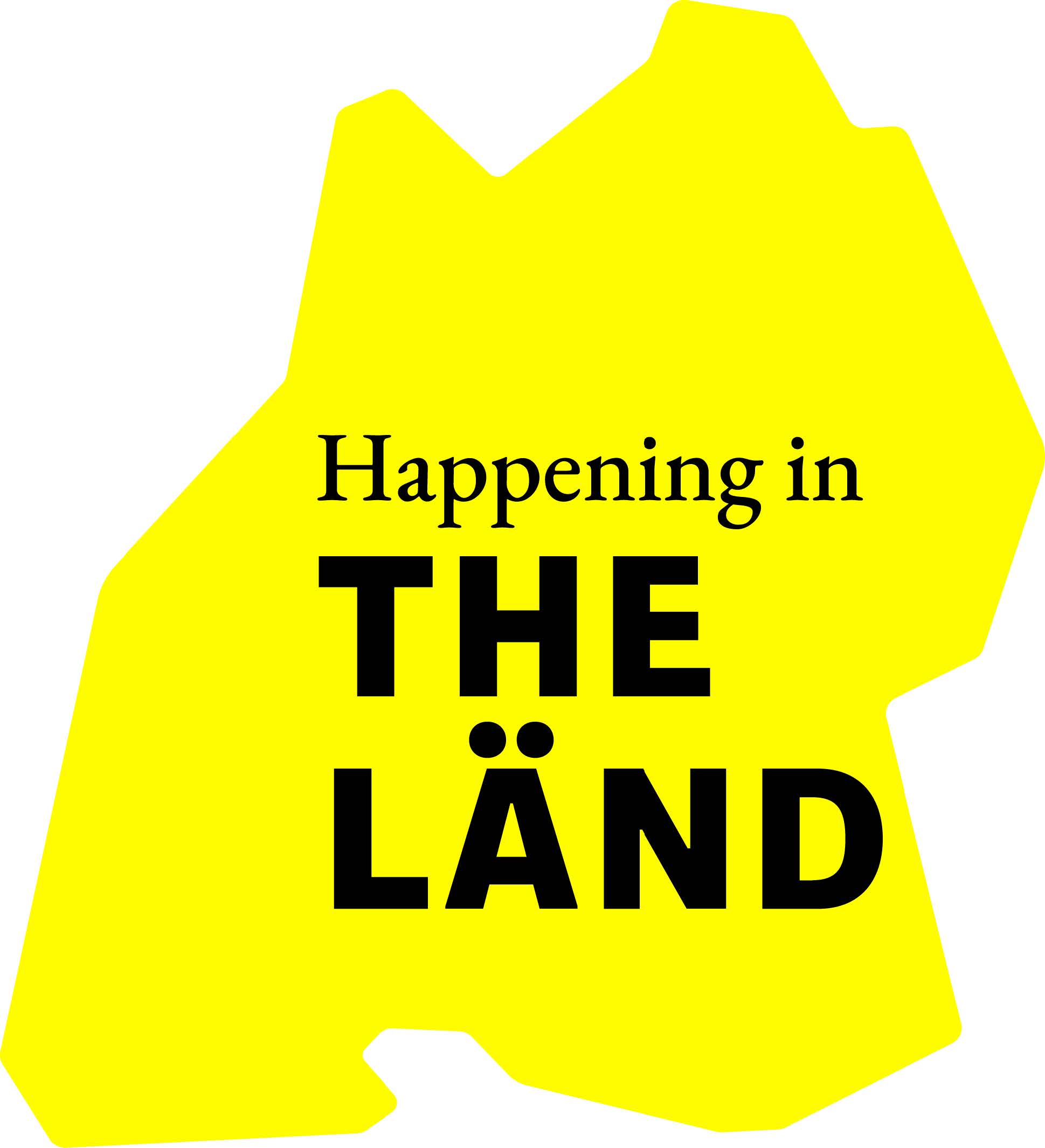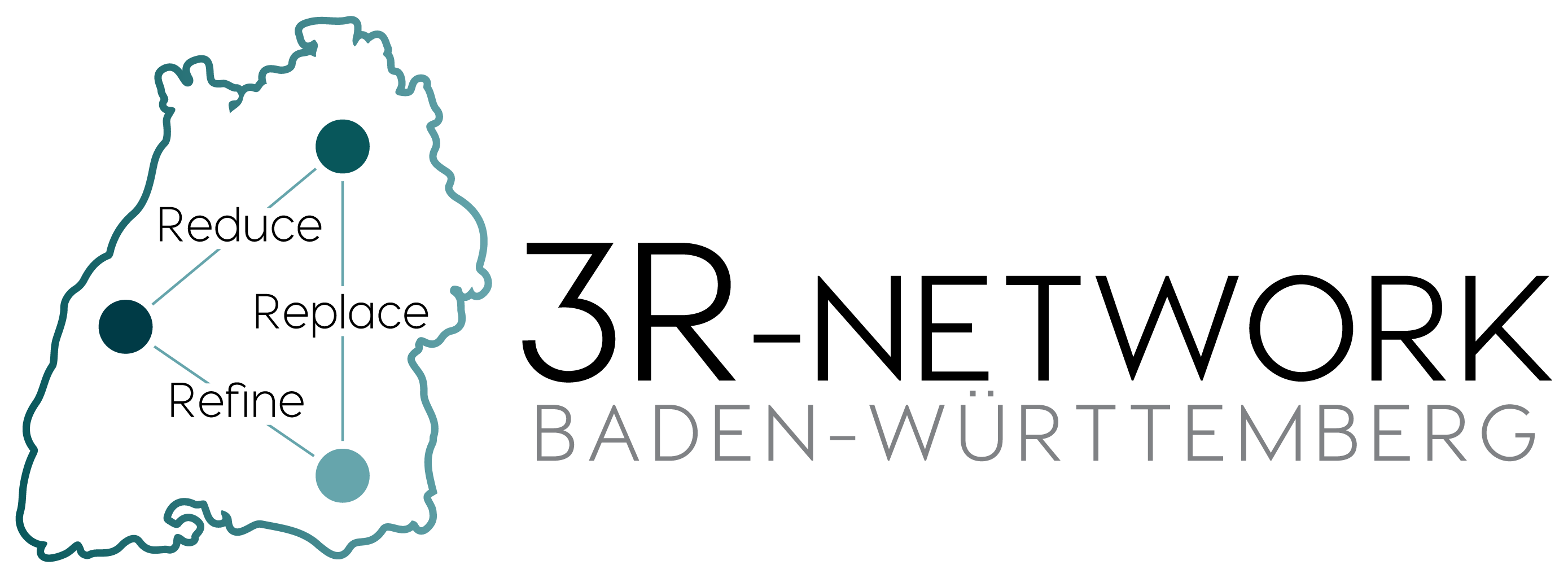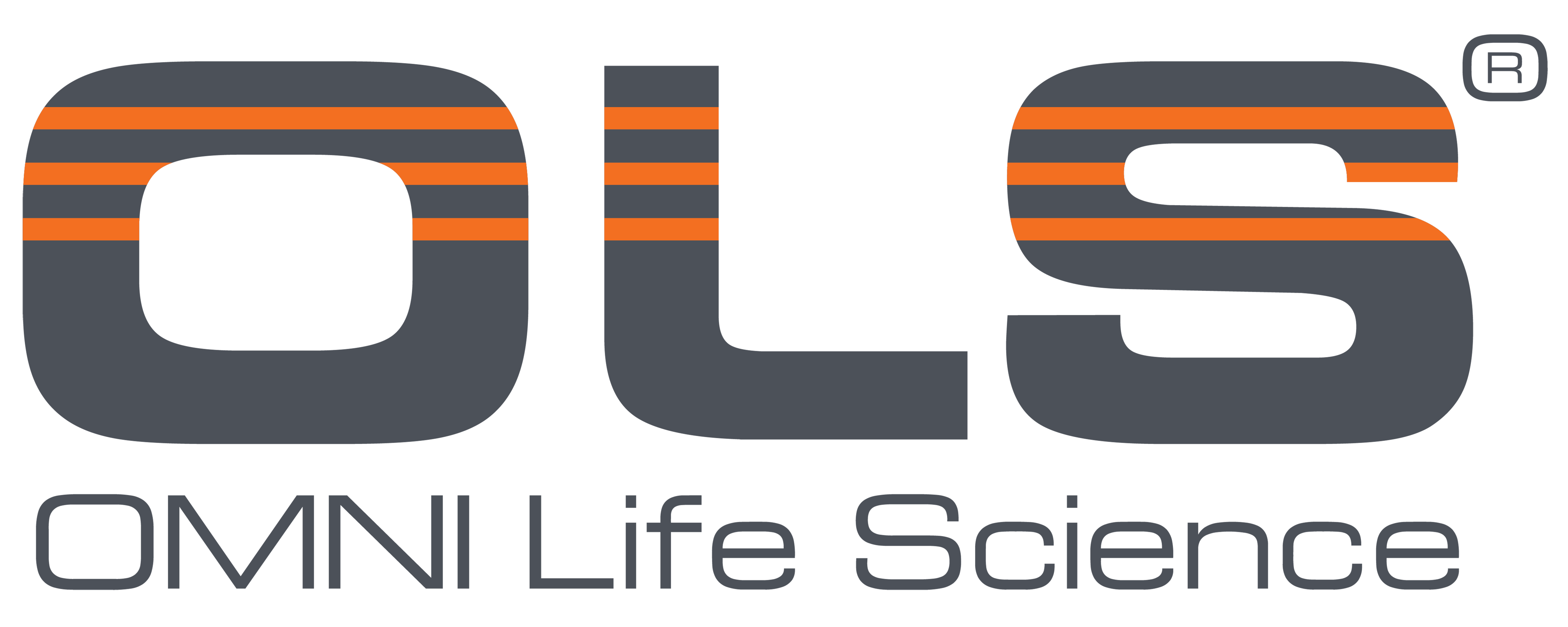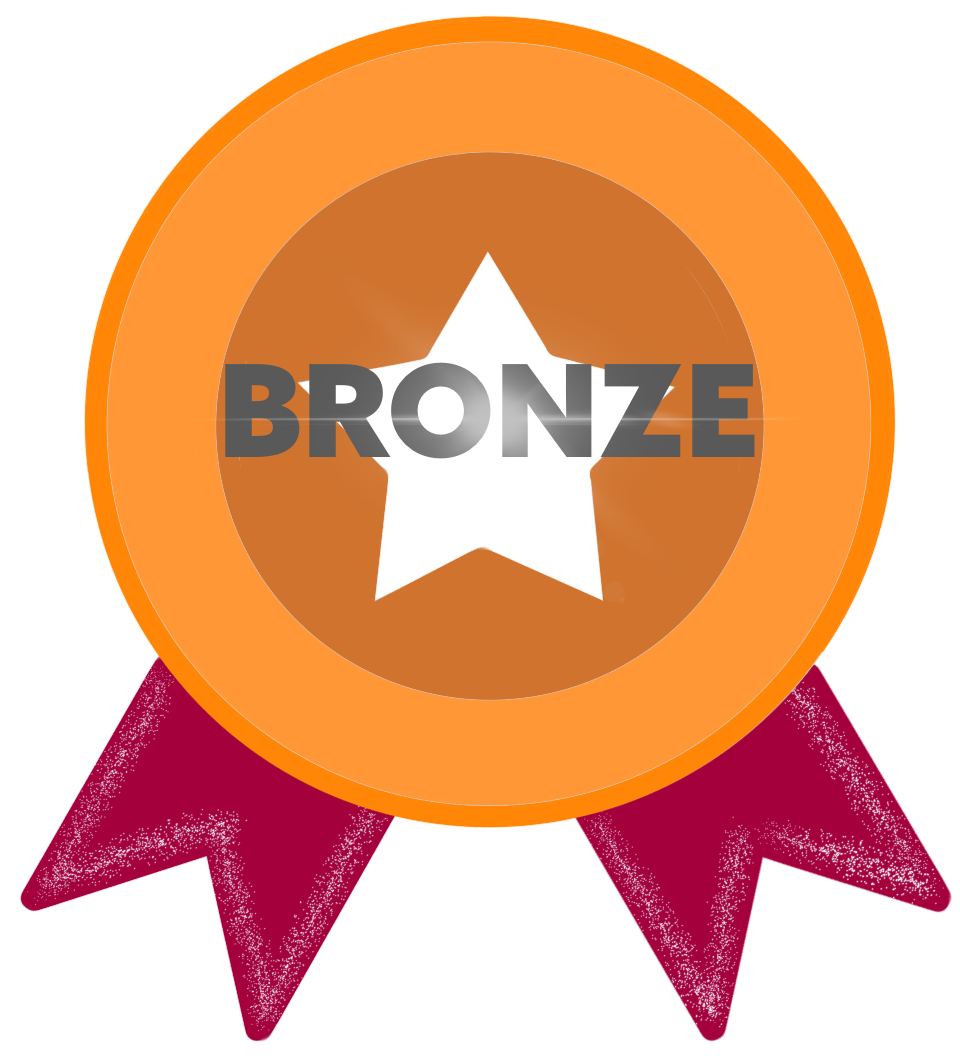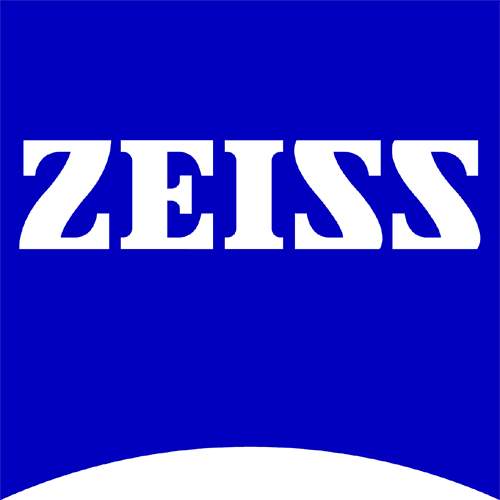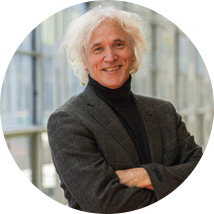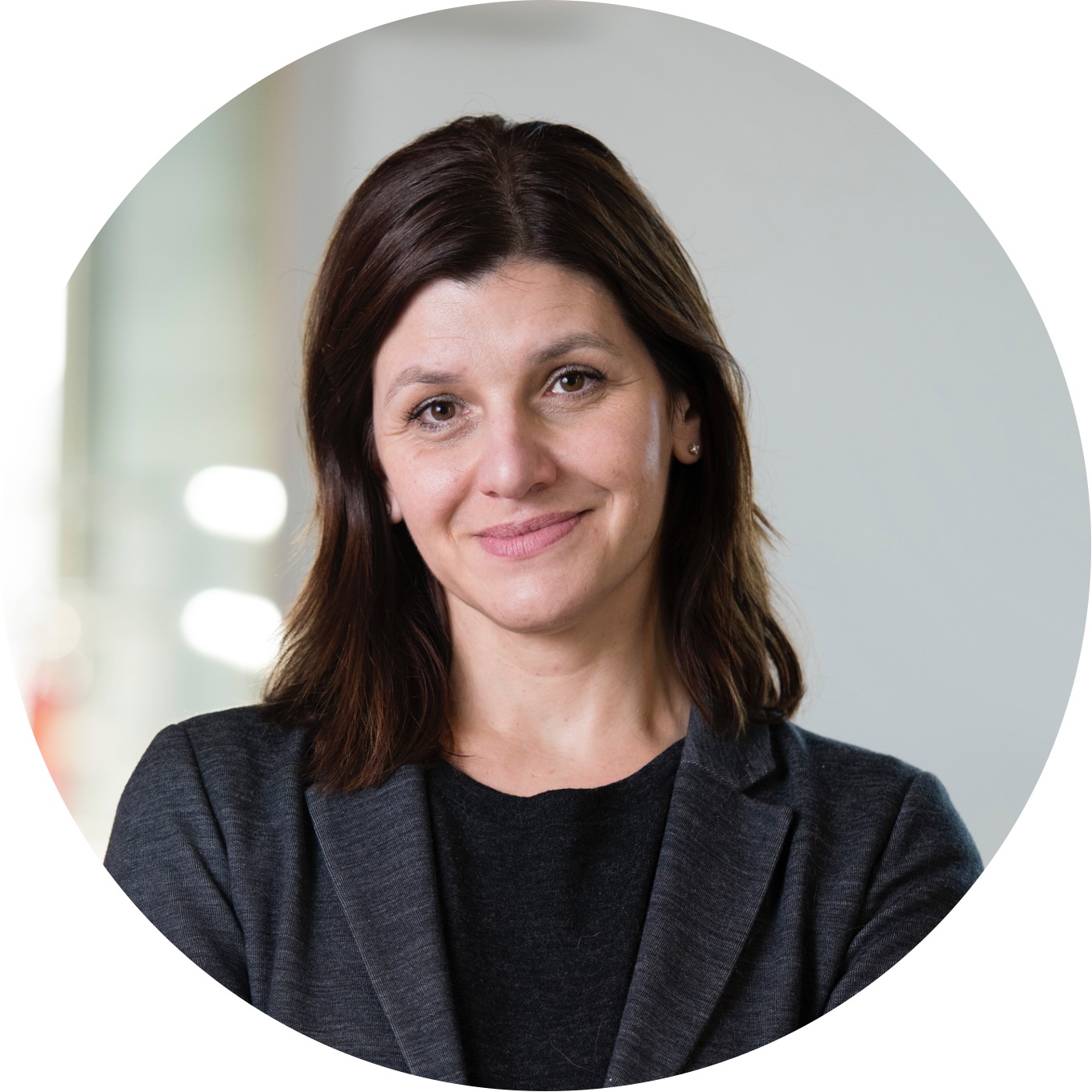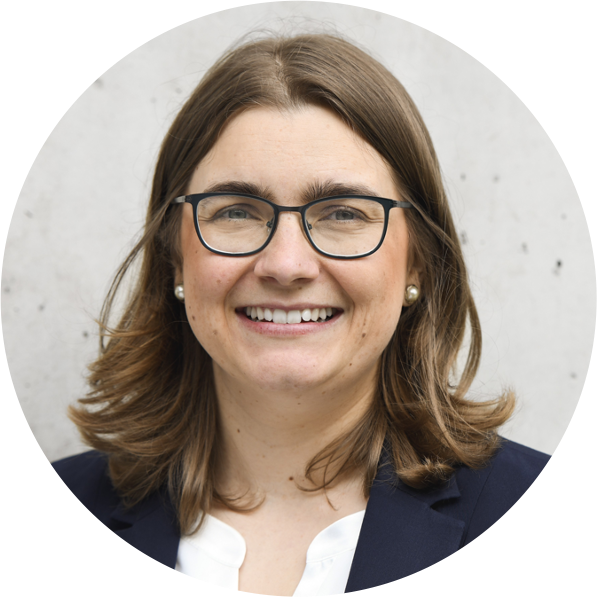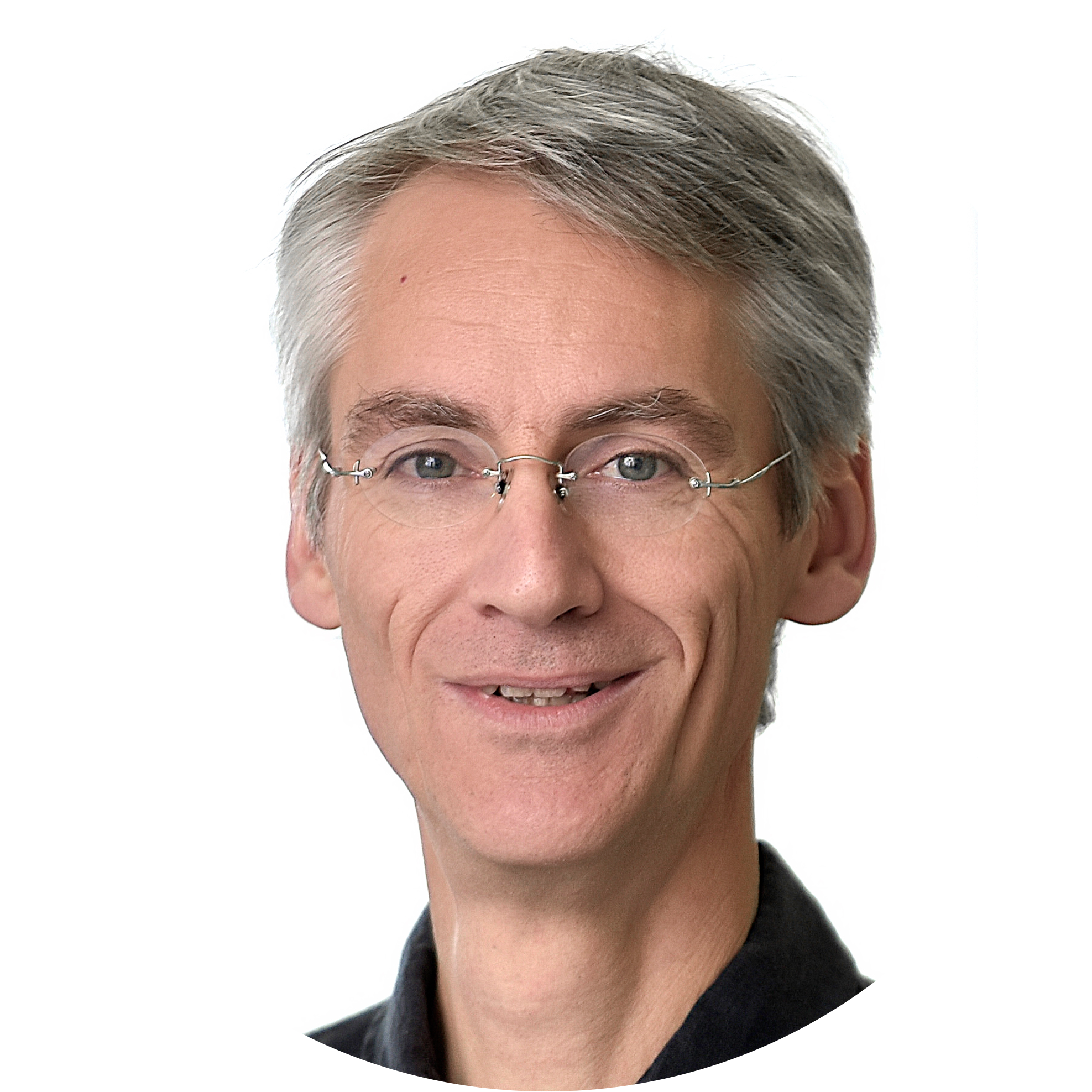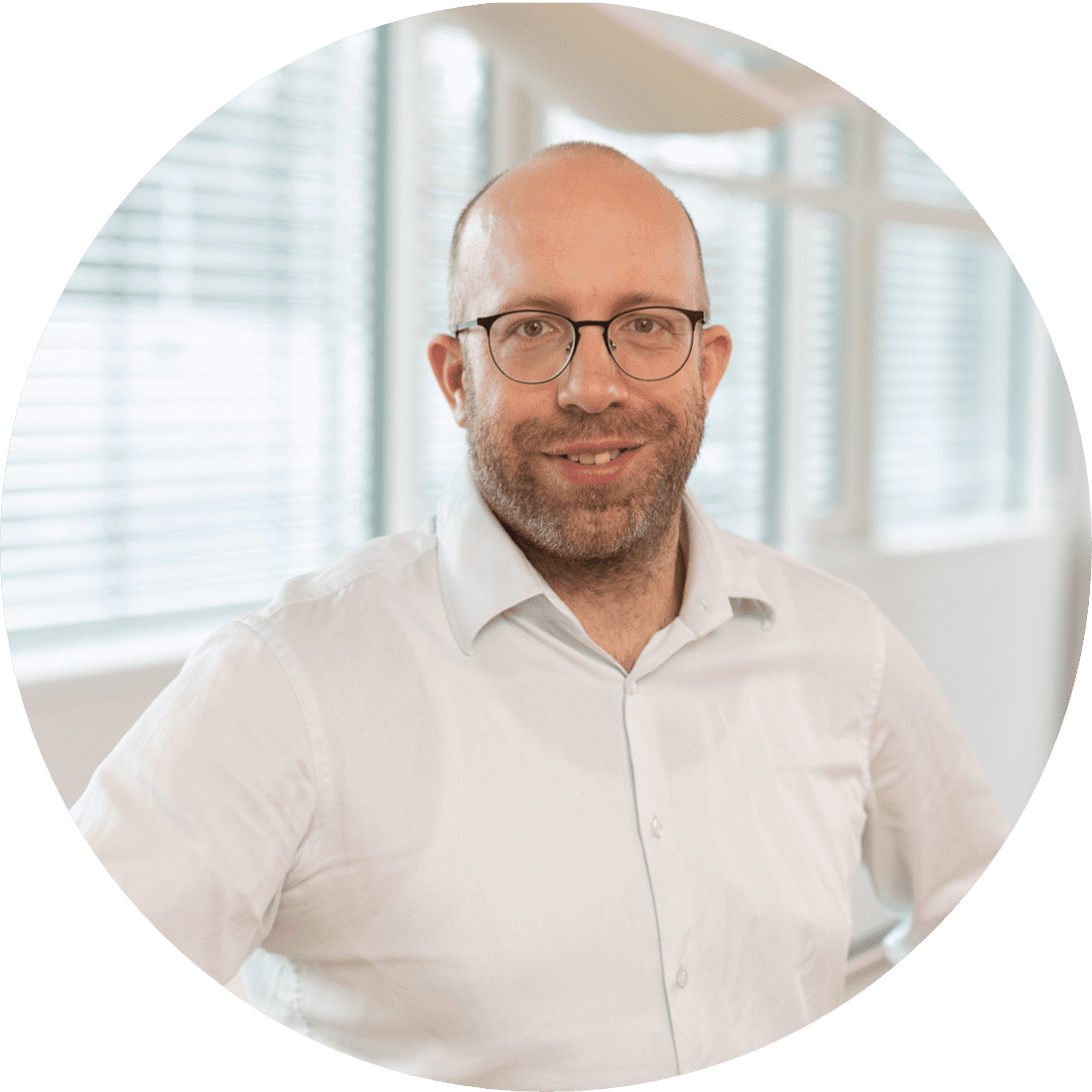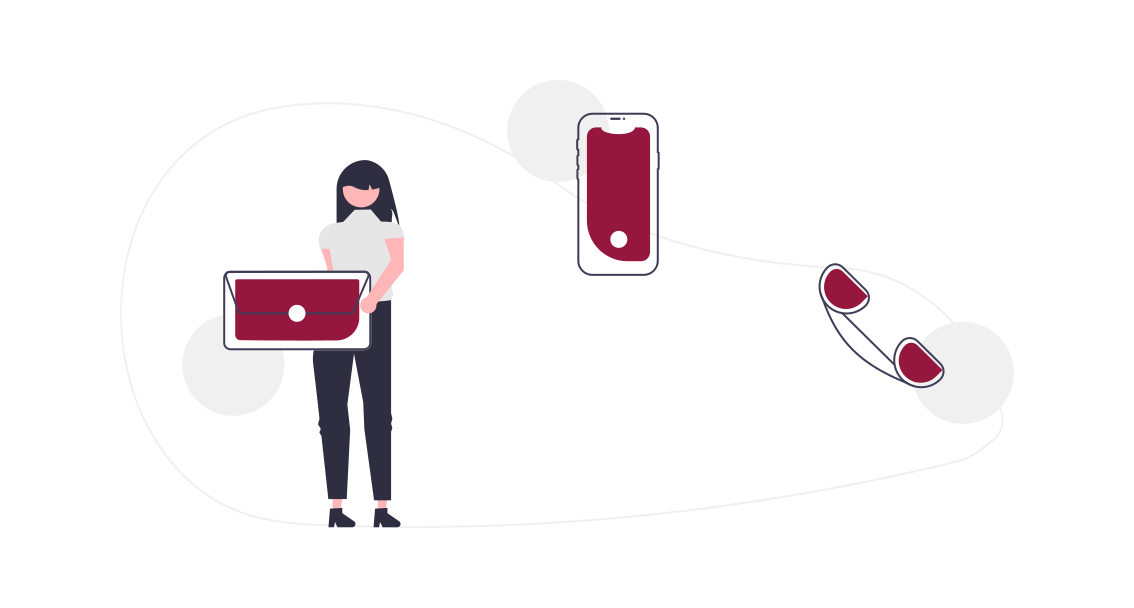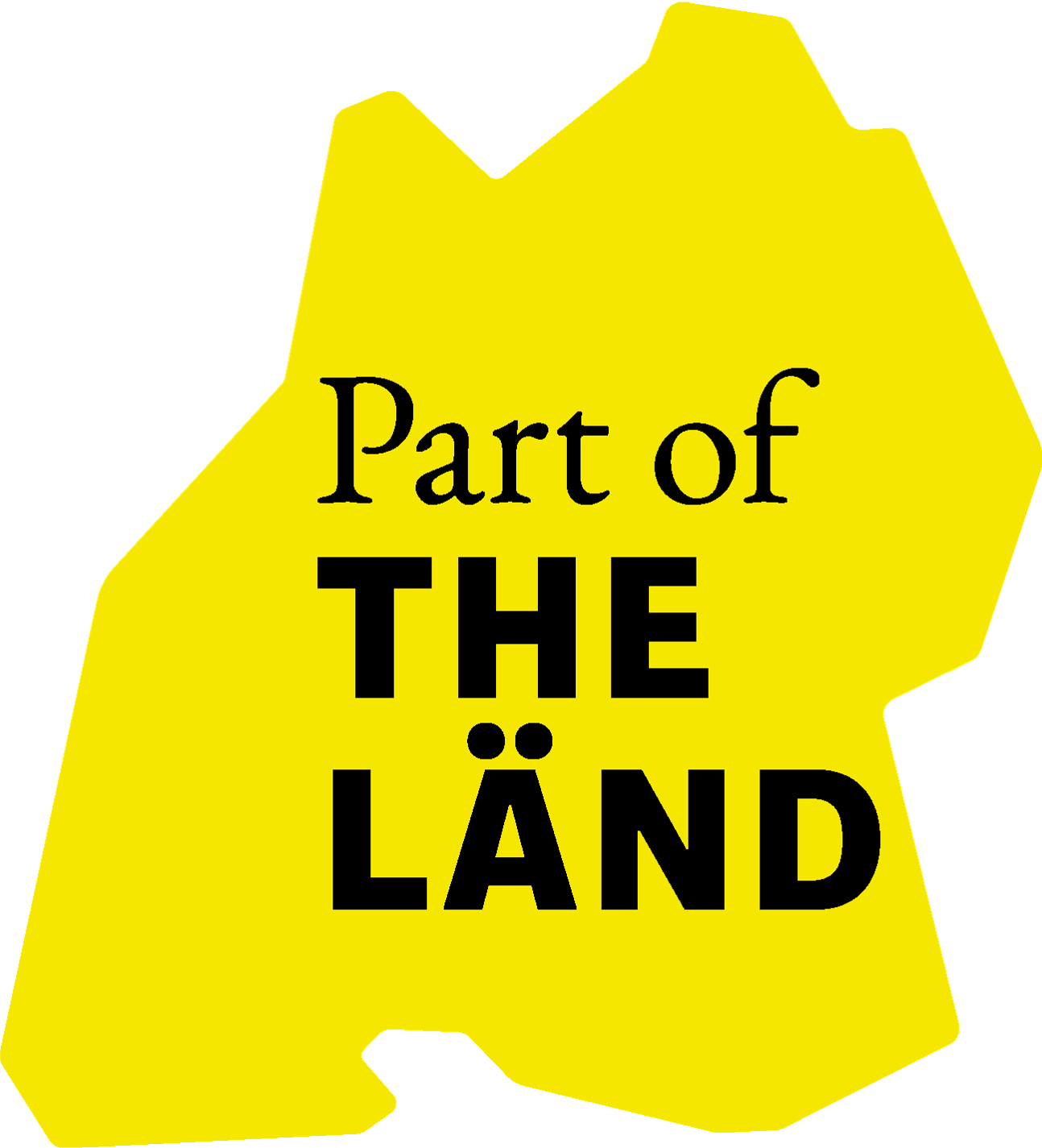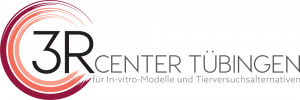Organoids, Organ-on-Chip, and In Silico Models have transformed biomedical and pharmaceutical research, marking a new era of experimentation. Organoids mimic the structure and function of organs, providing a physiologically human-relevant platform for disease study and drug testing. Organ-on-Chip systems replicate human organ microenvironments, offering dynamic conditions for drug assessment. In Silico Models, driven by computational simulations, expedite drug discovery by analyzing complex biological processes. These models contribute to accurate, efficient, and human-centered research, reducing reliance on animal testing and advancing biomedical and pharmaceutical sciences.
The 3R-Center Tübingen for In vitro Models and Alternatives to Animal Testing at the University of Tübingen and the NMI Natural and Medical Sciences Institute in Reutlingen was thrilled to host the first edition of the THE 3R LÄND Conference in the heart of the Länd, Tübingen, Germany, from May 21-23, 2024.


